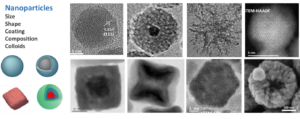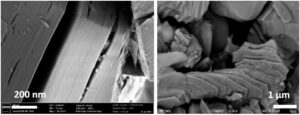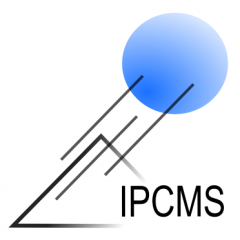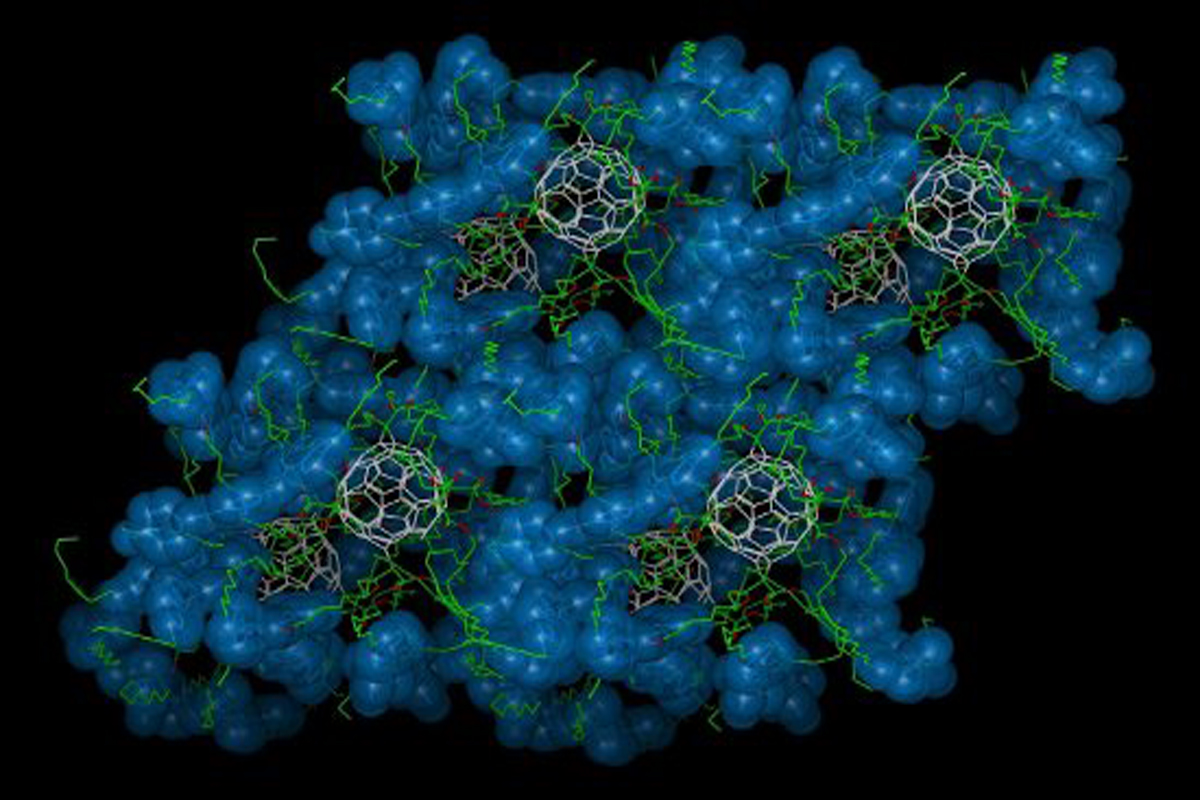Our activities are focused on preparing inorganic materials and hybrid materials for magnetic, optical or biomedical properties. The elaboration concepts rely on the association of entities of different nature, by chemical or physical ways. Atomic scale modelisation tools are also used to characterize specific classes of systems.
We are interested in controlling the size and composition of oxide nanoparticles and grafting designed molecules at the oxide surfaces, designing and elaborating oxide thin films for spintronics, organising from the nano to the meso scale, designing hybrid organic – inorganic functional materials, investigating the chemistry-biology interface, elucidating the atomic scale properties of specific classes of materials.

Thin film oxides
Introduction If metallic materials were largely used in the early beginning of spin electronics, it is due to oxide materials that recent progresses have been achieved. These oxides are promising for obtaining new functionalities of future sip electronics based devices. The crystalline structure of oxides is often complex, and consequently their synthesis difficult. This complexity, […]
Chemical Engineering of Functional Nanomaterials (CEFUN)
Introduction In the team Chemical Engineering of Functional Nanomaterials, our expertise is to synthesize, functionalize and organize nanoparticles of different sizes, shapes and compositions (doped or core-shell) for applications in the fields of energy, health and the environment. We have thus developed different methods for the synthesis of metal oxide nanomaterials (mainly spinels, doped spinels, […]
Organic-inorganic hybrids
Today, the search for new materials for various applications and new devices leads to the development of new synthetic routes mixing the concepts of solid state chemistry, molecular or supramolecular chemistry, or biochemistry. This is particularly evident in the field of organic-inorganic hybrid materials, whose realization is based on the design and organization of custom […]

